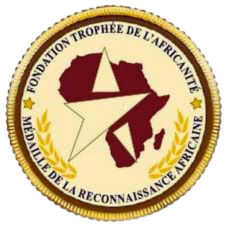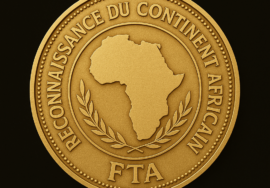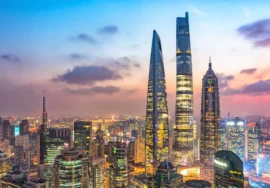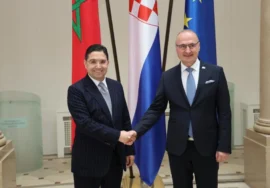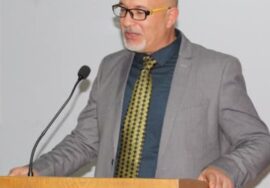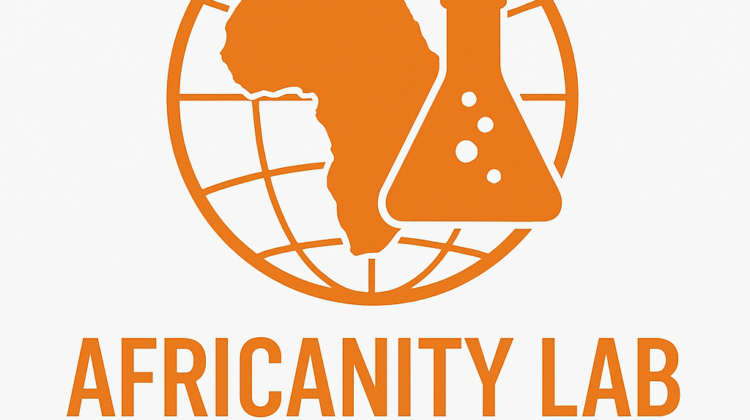
Maroc-Sénégal : transformer une amitié historique en moteur de l’intégration africaine
Par Dr Nasrallah Belkhayate, directeur du Centre de Recherche sur l’Africanité
Le 60e anniversaire de la Convention d’établissement entre le Maroc et le Sénégal, célébré à Rabat en avril 2025, a offert un moment solennel de reconnaissance des liens d’exception qui unissent les deux pays. Placée sous le Haut Patronage de Sa Majesté Mohammed VI et du président sénégalais Bassirou Diomaye Faye, la cérémonie a réuni un large éventail de personnalités politiques, économiques et académiques. Une manière d’affirmer, une fois encore, la singularité du partenariat Rabat-Dakar dans le paysage diplomatique africain.
Pourtant, à l’heure où le continent est confronté à des défis sans précédent – démographiques, climatiques, numériques et géopolitiques – une telle rencontre ne saurait se limiter à un exercice de mémoire ou de solennité. Si l’amitié maroco-sénégalaise est réelle, il est temps qu’elle s’incarne aussi dans des réalisations tangibles.
Car derrière les discours fraternels, plusieurs interrogations demeurent : la Convention de 1964 garantit l’égalité de traitement pour les ressortissants de chaque pays. Mais qu’en est-il de l’application effective de ces droits dans les domaines de la mobilité, de l’emploi, de l’accès aux services publics ou de la reconnaissance des qualifications professionnelles ? Combien de citoyens marocains ou sénégalais peuvent dire, aujourd’hui, qu’ils bénéficient réellement de ces dispositions dans leur vie quotidienne ?
L’absence d’un bilan critique, documenté, partagé, constitue en soi une faiblesse. De même, si les partenariats universitaires ont été évoqués avec enthousiasme, la rencontre a peu mis en avant les productions concrètes issues de ces échanges : travaux de recherche conjoints, double-diplômes, réseaux de chercheurs africains.
Autre point d’attention : la jeunesse africaine, pourtant placée au cœur des discours, n’a pas été suffisamment représentée parmi les intervenants. Or, avec une population étudiante appelée à tripler d’ici 2030, ce sont bien les jeunes qui incarneront demain la réalité des liens entre le Maroc et le Sénégal. C’est à eux que revient la tâche de transformer l’héritage diplomatique en une force motrice pour l’intégration africaine.
Enfin, si le numérique et l’intelligence artificielle ont été évoqués comme domaines prioritaires de coopération, l’événement n’a débouché sur aucune feuille de route concrète ni sur l’annonce de programmes conjoints. À l’heure où les puissances mondiales imposent leurs régulations technologiques, une initiative Rabat-Dakar pour la souveraineté numérique africaine serait pourtant stratégique.
Le 60e anniversaire de la Convention d’établissement aurait pu être l’occasion de lancer une nouvelle dynamique, fondée sur des engagements mesurables, ouverts à la société civile, à la jeunesse, aux entrepreneurs, et aux diasporas. Ce rendez-vous diplomatique mérite d’être salué. Mais il ne peut rester un rituel de prestige. Il doit devenir un laboratoire de coopération innovante, une vitrine du panafricanisme pragmatique.
Car plus que jamais, l’Afrique a besoin d’alliances fondées sur les actes. Et le lien entre le Maroc et le Sénégal peut, s’il s’en donne les moyens, devenir un modèle de diplomatie africaine tournée vers l’avenir.
Souhaitons que Bakary Sambe, en tant qu’intellectuel engagé et organisateur de ce type de rencontres, puisse en tenir compte lors du prochain anniversaire. Non pas pour remettre en question l’histoire, mais pour l’inscrire résolument dans les exigences du présent et les promesses de l’avenir.
Morocco–Senegal: Turning a Historic Friendship into a Driver of African Integration
By Dr. Nasrallah Belkhayate, Director of the Center for Research on Africanity
The 60th anniversary of the Establishment Convention between Morocco and Senegal, celebrated in Rabat in April 2025, provided a solemn moment to honor the exceptional ties uniting the two nations. Held under the High Patronage of His Majesty King Mohammed VI and Senegalese President Bassirou Diomaye Faye, the ceremony brought together a wide array of political, economic, and academic figures—once again reaffirming the uniqueness of the Rabat–Dakar partnership in the African diplomatic landscape.
Yet, as the continent faces unprecedented challenges—demographic, climatic, digital, and geopolitical—such a gathering cannot remain a mere exercise in commemoration or ceremony. If the Morocco–Senegal friendship is to be more than symbolic, it must now take shape through tangible achievements.
Indeed, behind the fraternal speeches, key questions persist: the 1964 Convention guarantees equal treatment for citizens of both countries. But how effectively are these rights enforced in areas such as mobility, employment, access to public services, or the recognition of professional qualifications? How many Moroccan or Senegalese citizens can genuinely say they benefit from these provisions in their daily lives?
The lack of a critical, well-documented, and jointly shared assessment is a shortcoming in itself. Similarly, while university partnerships were enthusiastically mentioned, the concrete outcomes of these exchanges—such as joint research, dual-degree programs, and networks of African scholars—were scarcely highlighted.
Another point of concern: although Africa’s youth were central in the speeches, they were underrepresented among the event’s speakers. Yet, with the student population expected to triple by 2030, it is the youth who will embody the future of Morocco–Senegal relations. They are the ones who must transform this diplomatic legacy into a driving force for African integration.
Furthermore, while digital transformation and artificial intelligence were identified as priority areas for cooperation, the event yielded no concrete roadmap or announcements of joint programs. At a time when global powers are imposing their own technological regulations, a Rabat–Dakar initiative for African digital sovereignty would be nothing short of strategic.
The 60th anniversary of the Establishment Convention could have marked the launch of a new dynamic—based on measurable commitments and open to civil society, youth, entrepreneurs, and diasporas. This diplomatic milestone deserves recognition, but it must not remain a mere ceremonial ritual. It must evolve into a laboratory of innovative cooperation and a showcase of pragmatic pan-Africanism.
Now more than ever, Africa needs alliances based on action. And the Morocco–Senegal bond can, with the right investment, become a model of forward-looking African diplomacy.
Let us hope that Bakary Sambe, as a committed intellectual and organizer of such encounters, will take these reflections into account for the next anniversary—not to question history, but to root it firmly in the demands of the present and the promises of the future.
